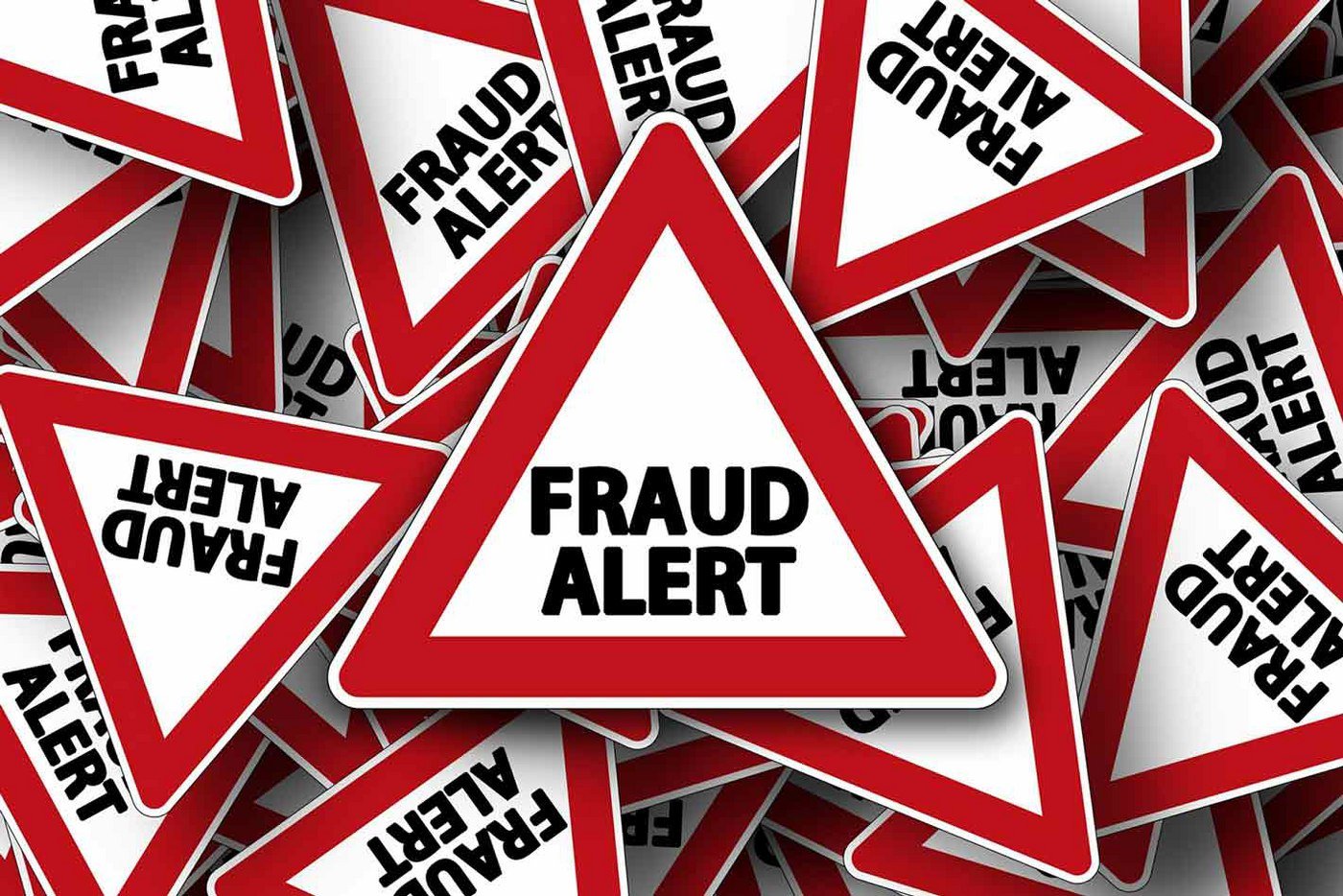Dental insurance fraud is no joke. Much like with delays and denials, human error can lead to a slippery slope, but there are also a handful of actions that will lead to intentional dental insurance fraud.
What Is Dental Insurance Fraud?
When you provide a service to a patient and intend to file it with dental insurance, filing properly is of utmost importance. Dental fraud is “any act of intentional deception or misrepresentation of treatment facts made for the purpose of gaining unauthorized benefits,” and it usually contains the three key features of “intent, deception, and unlawful gain.”
Common Fraud Causes
- Billing for Services Not Rendered
An example would be a dentist examining a patient, but charging for more expensive services, such as including fluoride.
- Misrepresenting Date of Service
Insurance companies care about this detail in relation to the availability of benefits for a patient.
- Waiving Deductible and/or Co-Payment
Although the office may have good intentions (to save the patient money that they may not have), it’s a fraudulent action because now the insurance company is being billed for expenses that they wouldn’t normally pay, “increasing the premium costs for policyholders.”
- Misrepresenting Services
Confusion about the proper codes to use for services and procedures may have a serious impact on your office. Guessing about what a procedure should be labeled as (or giving into the pressure of a patient wanting the service to be filed a certain way) are unhealthy practices that have the potential to lead to fraud. Intentionally misrepresenting services is obviously not good.
- Unbundling Service Charges
According to the American Dental Association, “unbundling” refers to taking apart a procedure (or package) and charging for each individual action. Rather than simply charging for a tooth extraction, the dentist would charge for all the steps that go into this extraction; the sum of which would total more than the “bundle.”
- Overcharging or Upcoding Routine Services
Much like any of these actions, upcoding refers to labeling a procedure in a different way, one in which the dental office will receive more money.
- Unnecessary Diagnosis or Incorrect Treatment
How to Avoid Fraud
Although some dentist offices may commit dental insurance fraud on accident, the owners of the business are ultimately responsible for the fraud/abuse of an employee, whether they’re aware of the action of not.
Here are a few tips to protect your office from dental fraud:
- Run background checks prior to hiring employees.
- Stay current with the accurate codes.
- Know how to spot warning signs in your finances (and how to fix them).
- Write a fraud policy, detailing all the actions that could lead to a fraud charge, then have all employees sign the document.
- Work with Dental Claim Support. We take all this headache away from your workspace, handle all the messy details, and work with your staff to efficiently manage the rest.
We know the most common dental billing issues that plague most offices and our billing experts are passionate about helping you avoid the headaches of dental insurance billing particularly when it comes to appealing dental claims. Our dental billing outsourcing services increase your production, maximize your profitability, and protect the legality of your dental billing practices.
Get Started Today With A Quote!
Related Posts
Dental revenue resources from Dental Claim Support


